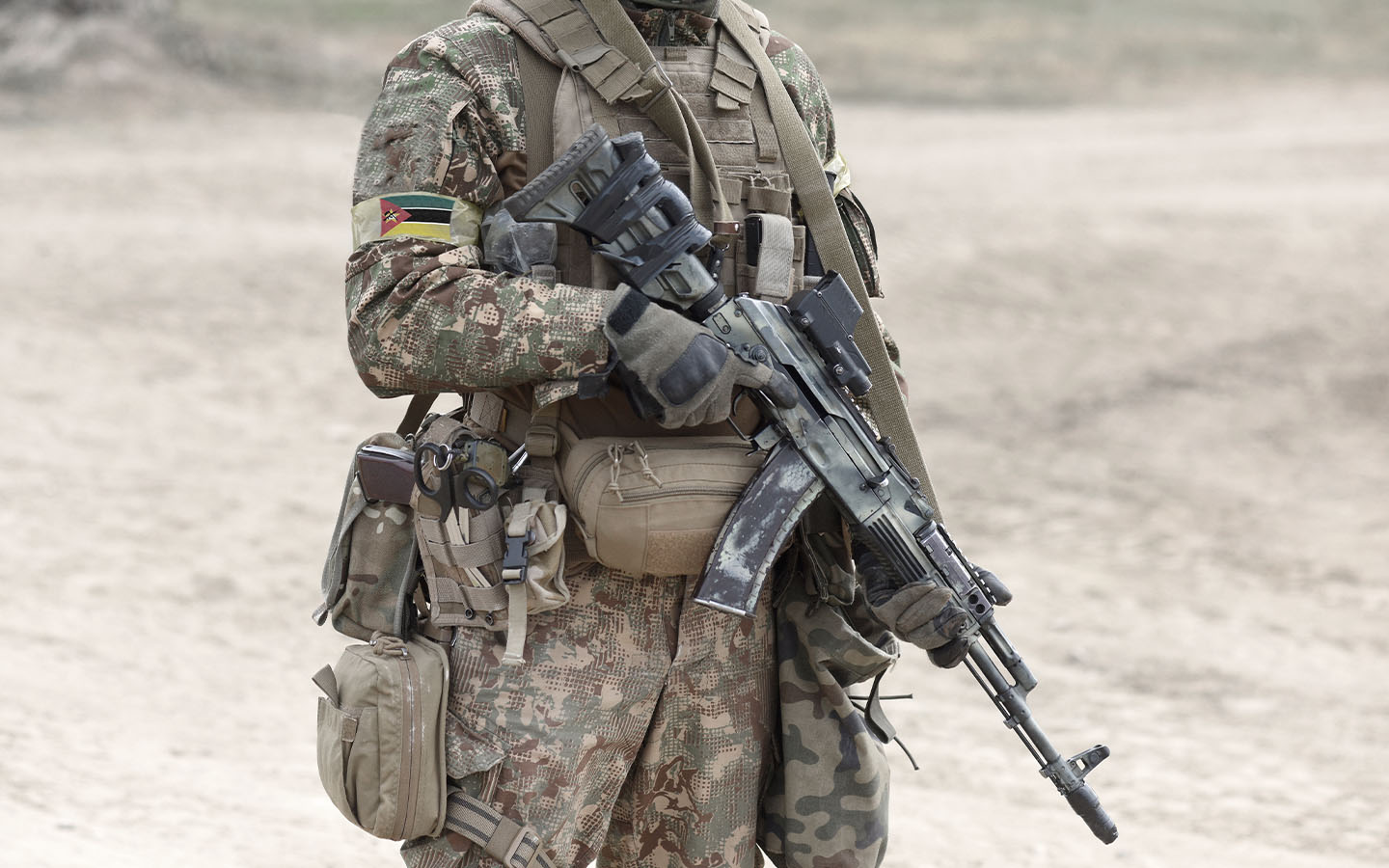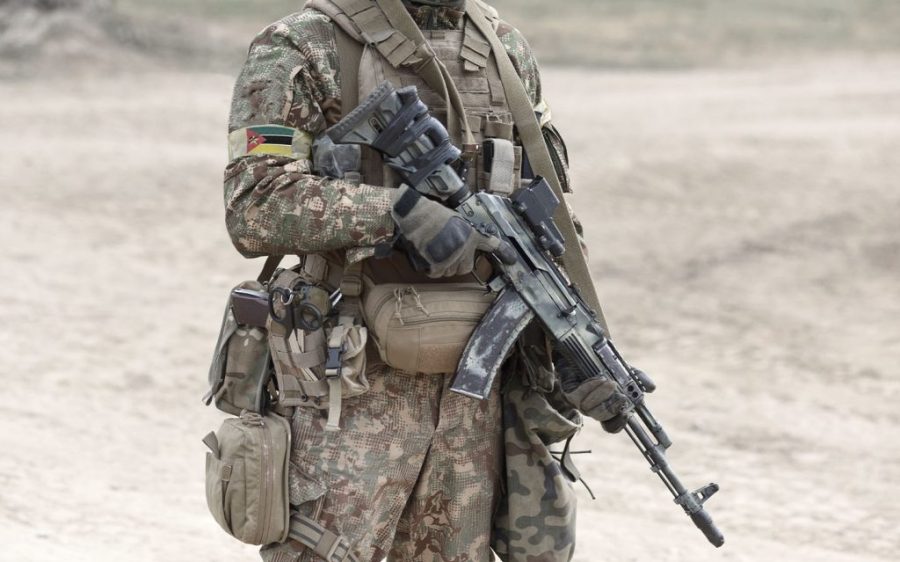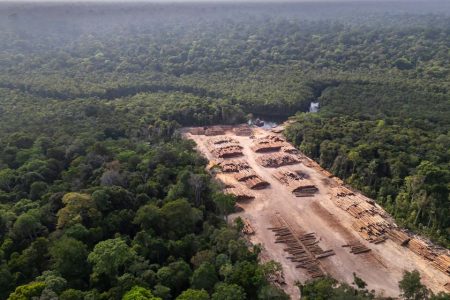Islamist insurgents in northern Mozambique have claimed responsibility for a second fatal attack in a month, amid reports of previously undisclosed debts to Rwandan forces that are reigniting calls for transparency in Mozambique-Rwanda relations.
According to the Portuguese news agency Lusa, the terrorist group Islamic State claimed responsibility on Wednesday for an attack on a military base in Macomia, Cabo Delgado. The terrorist group says at least 10 Mozambican soldiers were killed and the camp destroyed in the alleged attack, supporting its claim with a photograph. It also claims to have captured weapons in the attack.
Independent newspaper Carta de Moçambique confirmed with military sources and villagers that there was an attack on the Katupa base in Macomia. A military source based in the province told the paper, “I received information about the attack from a friend who is in Macomia. He told me that our colleagues were attacked in Katupa and that some of them fled.”
The Macomia attack marks the second attack on the Mozambique Armed Defence Forces in less than a month, with a previous attack in Muidumbe reportedly resulting in the deaths of 11 Mozambican soldiers. Other recent attacks include repeated assaults on a wildlife reserve in neighbouring Niassa Province, claimed by Islamic State, and an attack of unknown origin on a Russian oceanographic vessel off the coast of Cabo Delgado, an area where local fishermen frequently face terrorist assaults.
[See more: Renewed terrorist attacks displace nearly 15,00 in Mozambique, UNHCR says]
Attacks have become more frequent in recent months, coinciding with the announcement from French oil giant TotalEnergies that it would resume its US$20 billion liquified natural gas (LNG) megaproject in the province.
The armed Islamist insurgency first emerged in Cabo Delgado in 2017, carrying out more than 1,000 attacks and killing at least 3,000 people over the next four years. But it was a series of brutal attacks on the city of Palma in March 2021 that finally forced TotalEnergies to abandon its work. Although the official death toll was given as 30, independent investigators believe as many as 1,400 civilians may have died in the assault.
Within a few months, the Rwandan Defence Force (RDF) and a mission from the Southern African Development Community (SADC) were deployed to support Mozambique’s counterinsurgency efforts, the former remaining on the ground to this day.
Disclosure of debt
The recent attack on Macomia comes just days after Africa Intelligence reported that the Mozambican government has not paid the RDF since last August. Disbursements to Rwanda appear to have ceased with the departure of finance minister Ernesto Max Tonela. The October presidential elections also appear to have contributed to the delay with then-president Filipe Nyusi leaving the decision to resume payments to his successor, Daniel Chapo, who did not take office until January.
While Rwanda initially believed the situation would be resolved quickly, a perception buoyed by repeated meetings between Rwandan President Paul Kagame and Chapo, both before and after his inauguration, patience appears to be running out. The situation worsened in early May when Rwanda reported three RDF soldiers had been killed in an insurgent ambush, the first recognised casualties since September 2021.
[See more: More Rwandan troops to be deployed in Mozambique’s restive Cabo Delgado province]
The news of unpaid debts is particularly concerning given leaders of both countries have long insisted that Mozambique was not paying for Rwanda military aid at all. Financing came from the European Union, which pays Rwanda directly, and Rwandan taxpayers, according to an interview with Kagame cited by Integrity magazine.
Their report calls for greater transparency in Kigali-Maputo relations, tying the failure to pay Rwandan troops to abuses against Rwandan refugees, claiming that nearly 20 percent of the counterinsurgency force is in fact being deployed throughout Mozambique “to do Kagame’s dirty work.” If confirmed, the allegation could dramatically reframe Rwanda’s military diplomacy and peacekeeping efforts.






